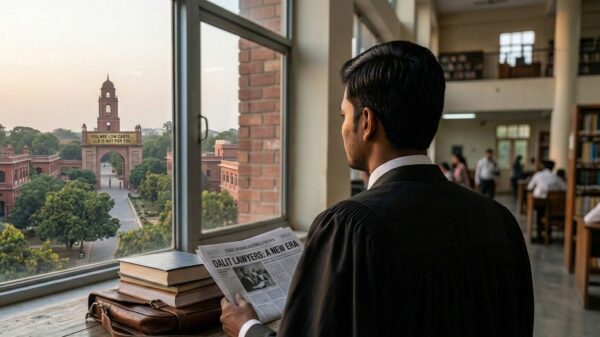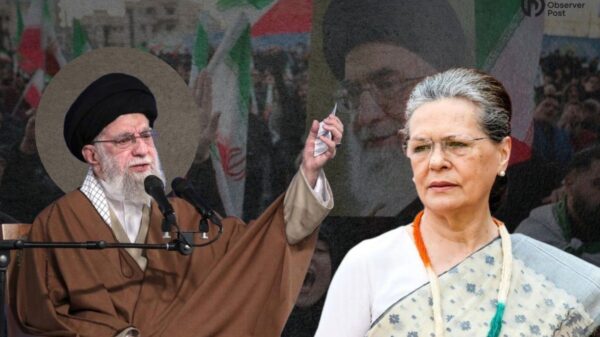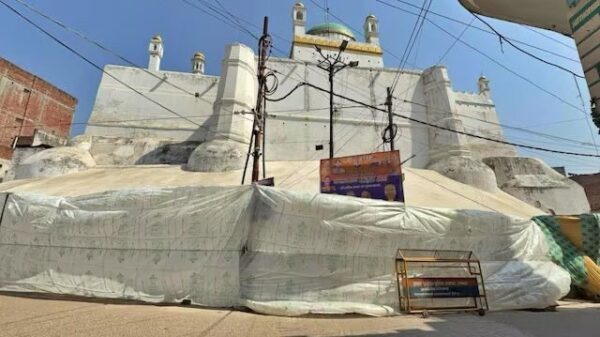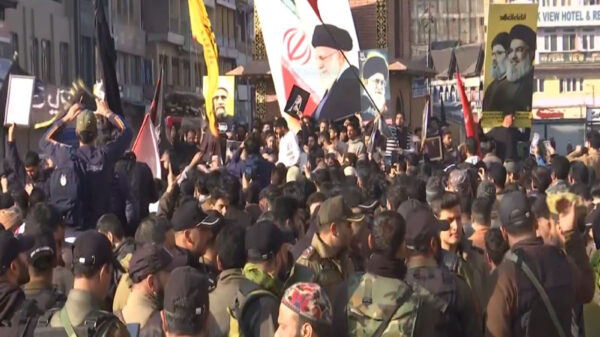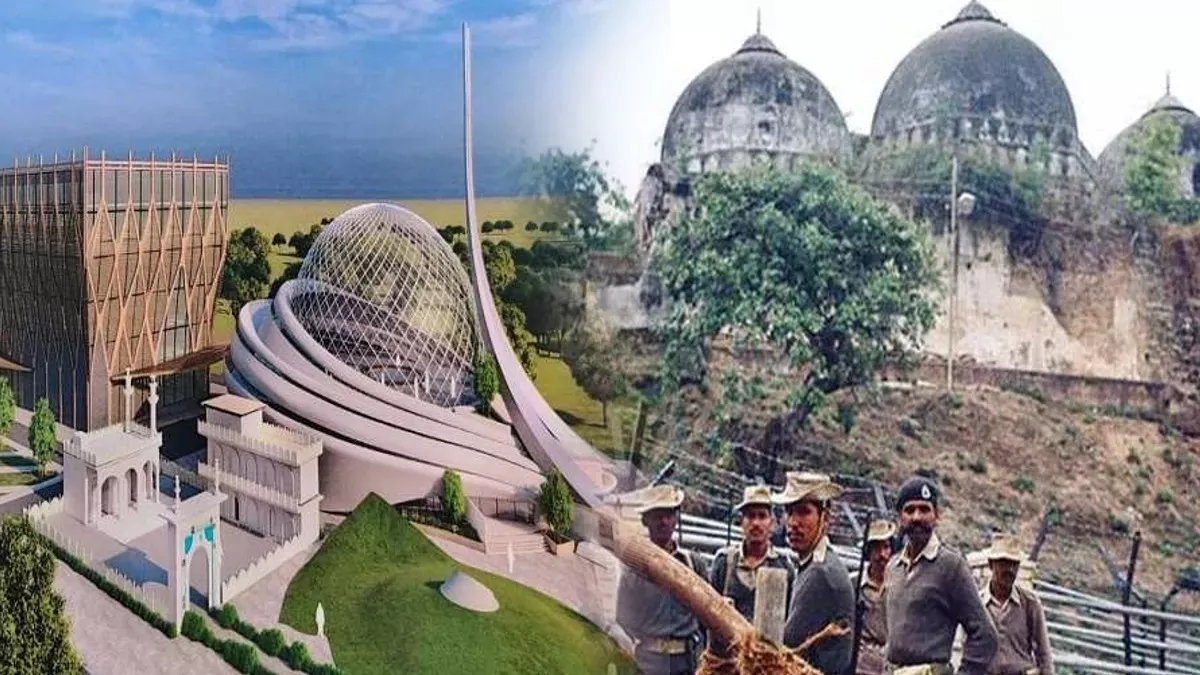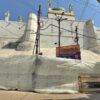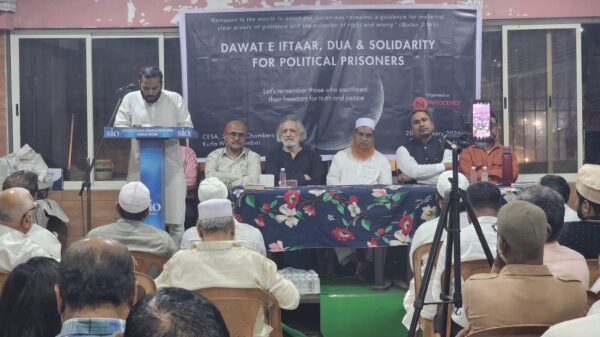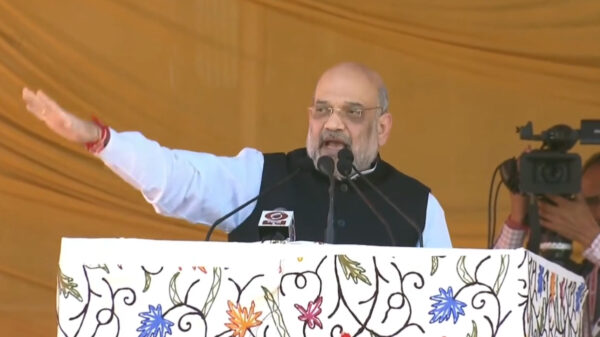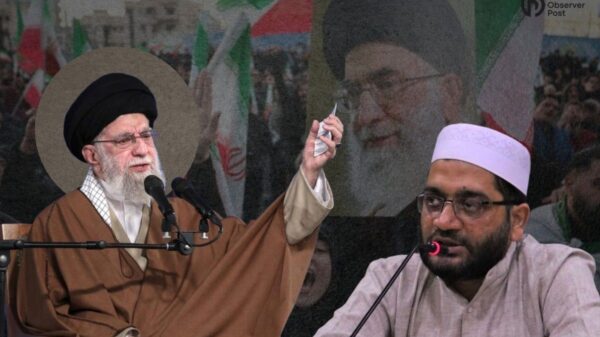Imam-e-Kaaba from Mecca is set to lay the foundation stone for the Mohammed Bin Abdullah Masjid in Dhannipur, Ayodhya district, Uttar Pradesh. The mosque, named after Prophet Mohammed-Bin-Abdullah, is to be constructed by the Indo-Islamic Cultural Foundation Trust on land allocated in compliance with the Supreme Court’s directives from 2019.
The foundation stones for the mosque will be laid by the Imam who leads namaz at the holy mosque in Mecca, known as the Imam-e-Haram, according to The Times of India.
The construction of the mosque is taking place following the Supreme Court’s 2019 Babri Masjid-Ram Janmabhoom verdict, which ordered the allocation of 5 acres of land to the Sunni Central Waqf Board in Ayodhya.
In 2019, the Supreme Court ordered that the “land measuring 5 acres be allotted to the Sunni Central Waqf Board either by the Central Government out of the acquired land or by the Government of Uttar Pradesh within the city of Ayodhya”.
Situated approximately 22km away from the original location of the Babri Masjid, which was tragically demolished on December 6, 1992, the mosque is expected to be a monumental structure, becoming the largest in India.
The Babri Masjid demolition occurred on December 6, 1992, in Ayodhya, India, when a Hindu nationalist mob demolished the 16th-century Babri Masjid mosque. The incident triggered widespread religious riots across the country. The dispute over the site, claimed both by Hindus and Muslims, led to a protracted legal battle. In 2019, the Supreme Court of India, in a historic judgment, awarded the disputed land to Hindus for the construction of a Ram temple and allocated an alternative plot for the construction of a mosque.
Mumbai-based BJP leader Haji Arafat Shaikh, appointed as the chairman of the Masjid Muhammad Bin Abdullah’s Development Committee, shared exciting details about the mosque’s features. “The mosque is anticipated to house the largest Quran in the world, with dimensions measuring 21 feet high and 36 feet wide,” stated Shaikh.







